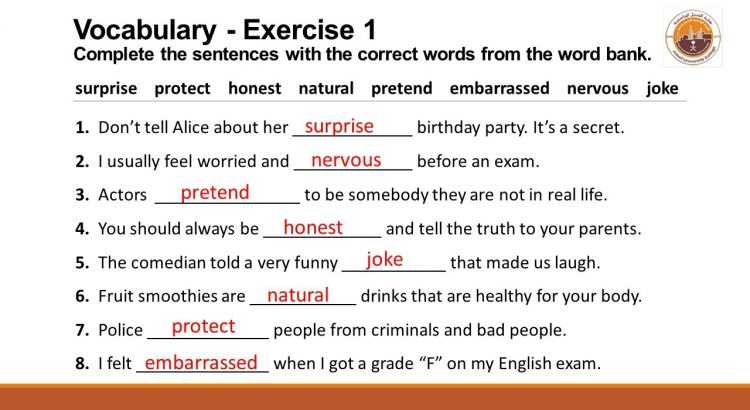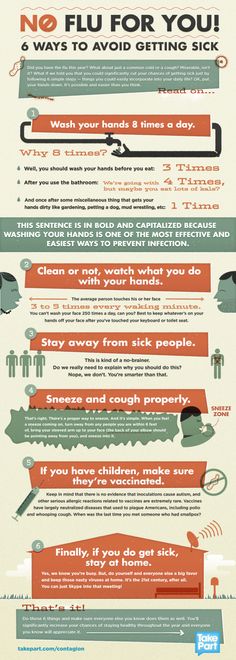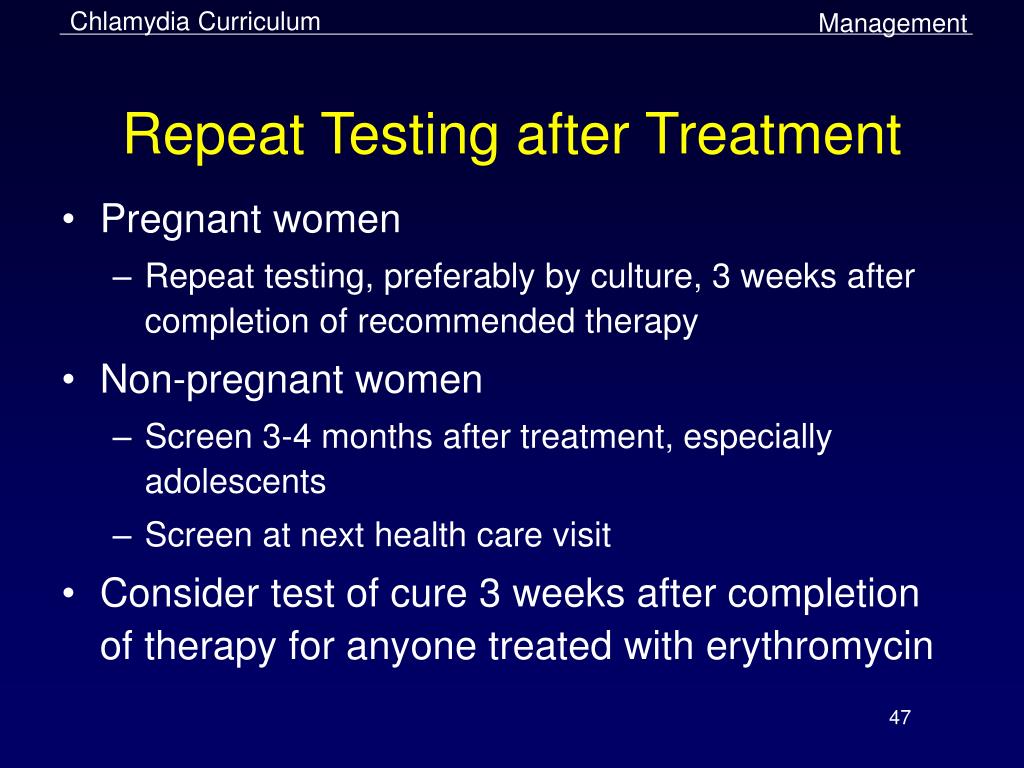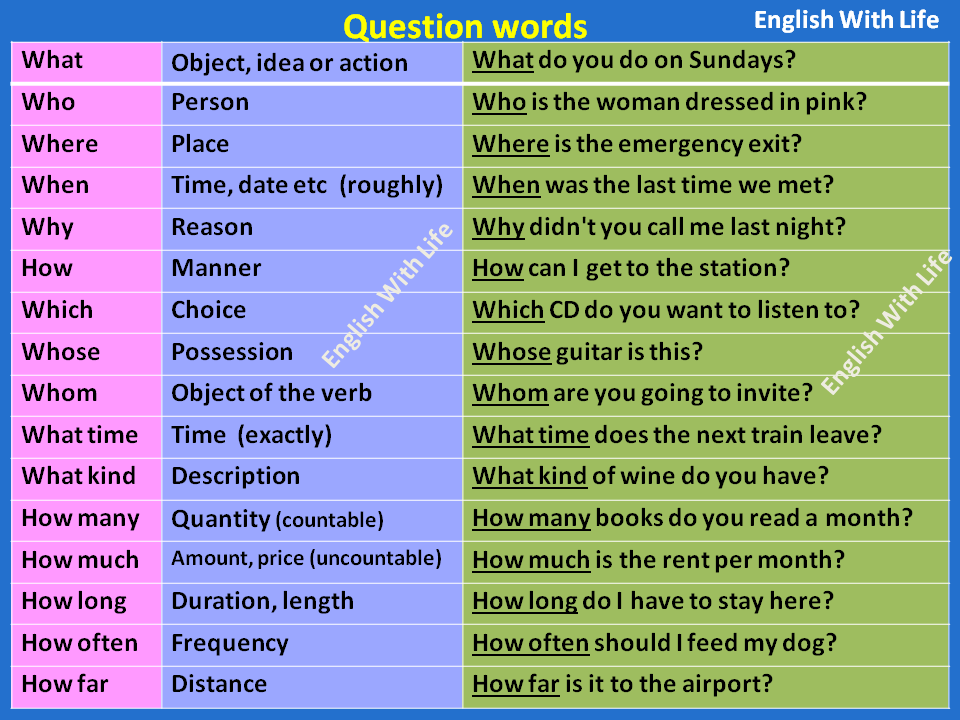How to get ssi for autistic child
Child with Autism | SSI Benefits
June 27, 2022 / Maggie Gendel
We take a look at the requirements for the SSI benefits for children with autism and other key information. From financial requirements to starting a claim, find out what you need to know.
A diagnosis of autism spectrum disorder (ASD) is not just emotionally difficult for parents; it also means they may have to make big lifestyle changes. There are many therapies and treatments to assist children with autism, but in most cases, a parent or caretaker will need to tend to the child full-time.
This need for full-time care can lead to financial turmoil in a family, especially one that relies on a two-person income to support themselves. With the loss of one income and the expense of treatments and therapies, parents are often under enormous pressure.
Many parents don’t realize that the Social Security Administration (SSA) program offers supplemental security income (SSI) to support children with disabilities. If your family qualifies, autistic child SSI benefits can be a significant relief from financial pressure.
The SSA offers monthly disability benefits to parents of children with disabilities. While most children with autism have no difficulty qualifying for the SSI benefits, there are some strict criteria, which we will cover in more detail below.
How To Qualify for the SSI Benefits ProgramIs autism a disability under social security? Yes, autism is considered a disability that is eligible for benefits, providing the correct requirements are met. The SSA’s Blue Book covers what conditions children with ASD must have to qualify for benefits.
To be eligible for SSI benefits, children with autism must have:
- Deficits in social interaction
- Deficits in verbal and nonverbal communication
- Significantly restricted, repetitive patterns of behavior, interests, or activities.
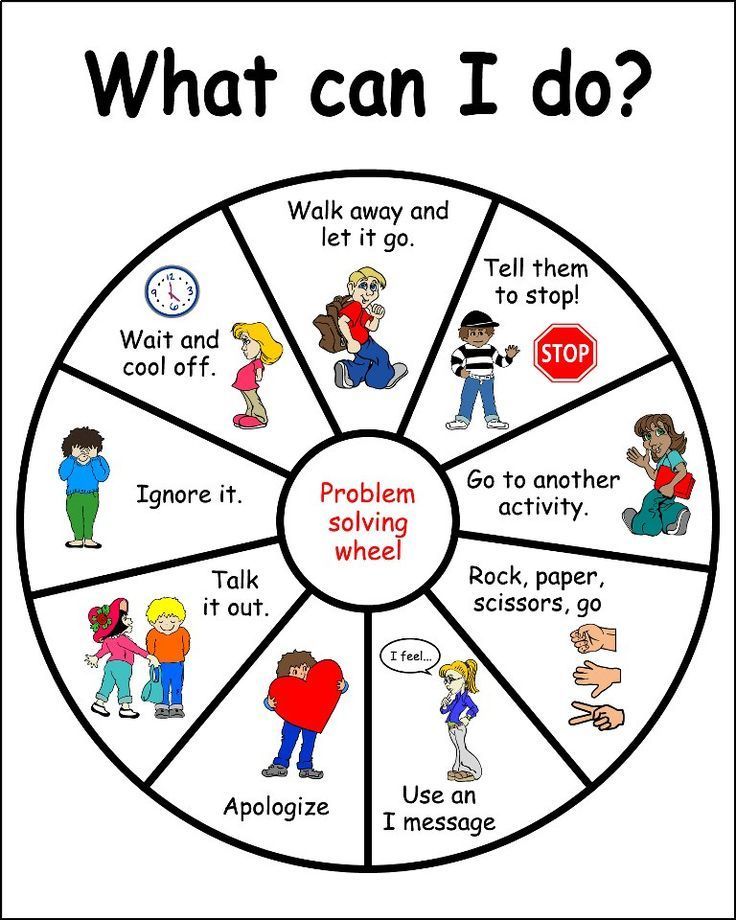
Parents must provide medical documentation to prove that their child has all three of the above deficits.
The child must also have an extreme limitation in one of these areas, or a severe limitation in two of these areas:
- Understanding, remembering, or using information (ability to learn, remember, and use information, follow instructions, solve problems, and use reason to make decisions)
- Interacting with others (ability to engage in interactive play, cooperate with others, maintain friendships, handle conflicts, initiate or sustain conversation, and understand social cues)
- Focusing on activities (ability to engage in activities at a consistent pace, avoid distractions, and complete tasks in a timely manner)
- Adapting or managing oneself (ability to regulate emotions, control behavior, protect oneself from harm, and maintain personal hygiene).
As mentioned above, parents must provide medical documentation to prove their child’s condition.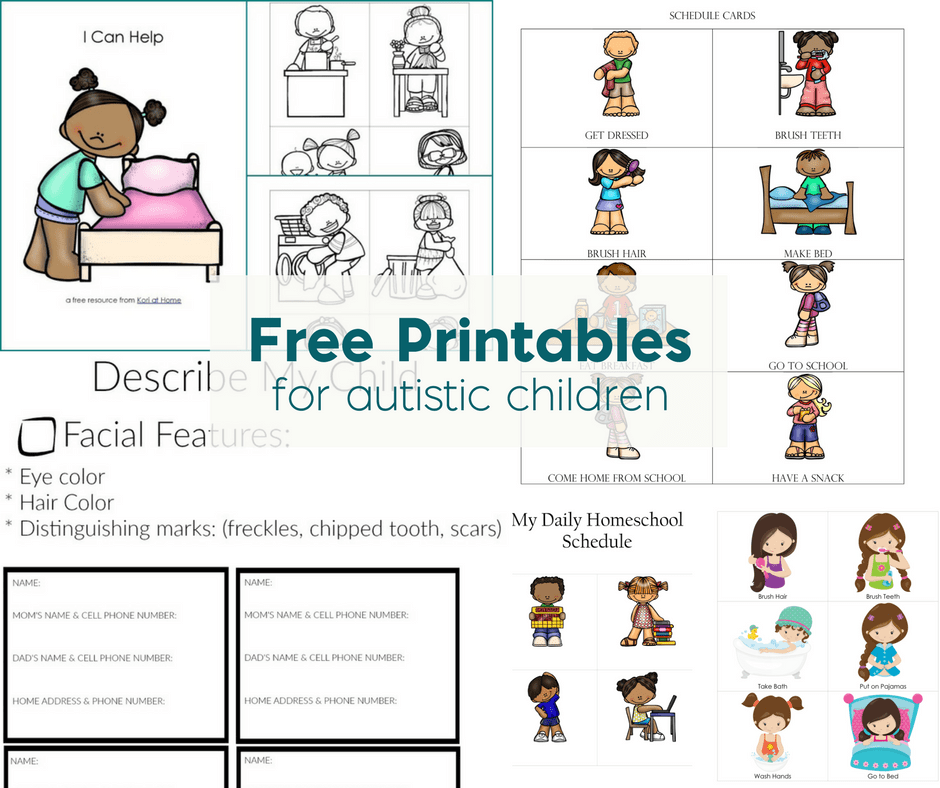
Financial limitations are the top reason why children with autism are denied SSI benefits. All parents with a child with autism that is under the age of 18 must meet the relevant financial requirements to access monthly benefits.
The SSA has an income cap that cannot be exceeded if a child is to qualify for SSI benefits. This cap increases with every adult that earns a wage, as well as the number of children in the household.
To prove that they qualify, parents must provide documentation such as a W-2 form or a federal tax return for each adult that earns a wage in the household.
How Much Does a Child with Autism Get From SSI?So, how much is a disability check for autism?
There isn’t a simple answer to this question because every child and their parents will be treated as an individual case, and this will impact how much they receive each month.
Currently, the full benefit amount is $841 a month.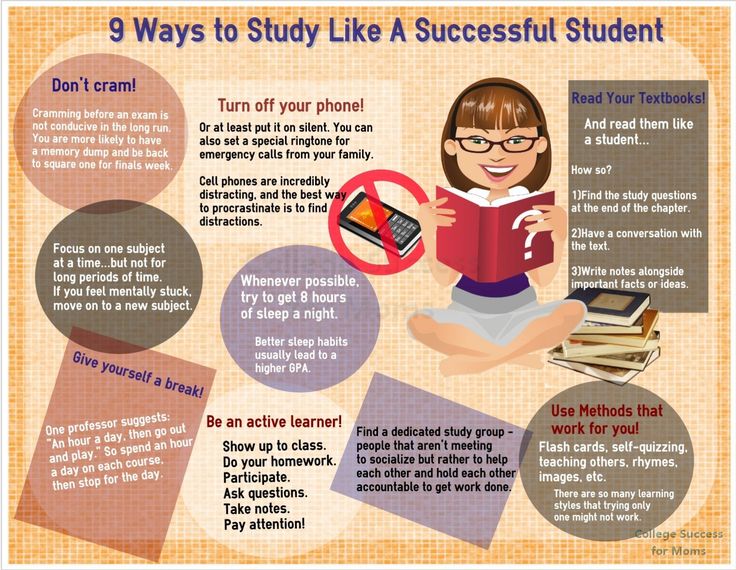 However, the SSA will then apply a formula to work out how much to deduct from this once the parents’ income has been considered.
However, the SSA will then apply a formula to work out how much to deduct from this once the parents’ income has been considered.
One of our biggest tips for parents is to get the claim for SSI benefits started as soon as possible. The process can take months, so it’s important to make an appointment at your local SSA office when you can.
To prepare for your appointment, read through the SSA’s Child Disability Starter Kit to find out the exact paperwork you need.
Get the Best Therapy and Treatment for Your ChildThe Lighthouse Autism Center offers the highest-quality therapy in a tranquil, play-based environment. Our innovative ABA (applied behavior analysis) therapy model, Lighthouse Fusion, helps children make greater progress, faster.
Contact us to get the best for your child.
Together, we can unlock your child’s potential
Get in Touch Autism Resources
Child Disability Starter Kit Fact Sheet
Child Disability Starter Kit - Fact Sheet
What You Should Know Before You Apply for SSI Disability Benefits for a Child
Children from birth up to age 18 may get Supplemental Security
Income (SSI) benefits.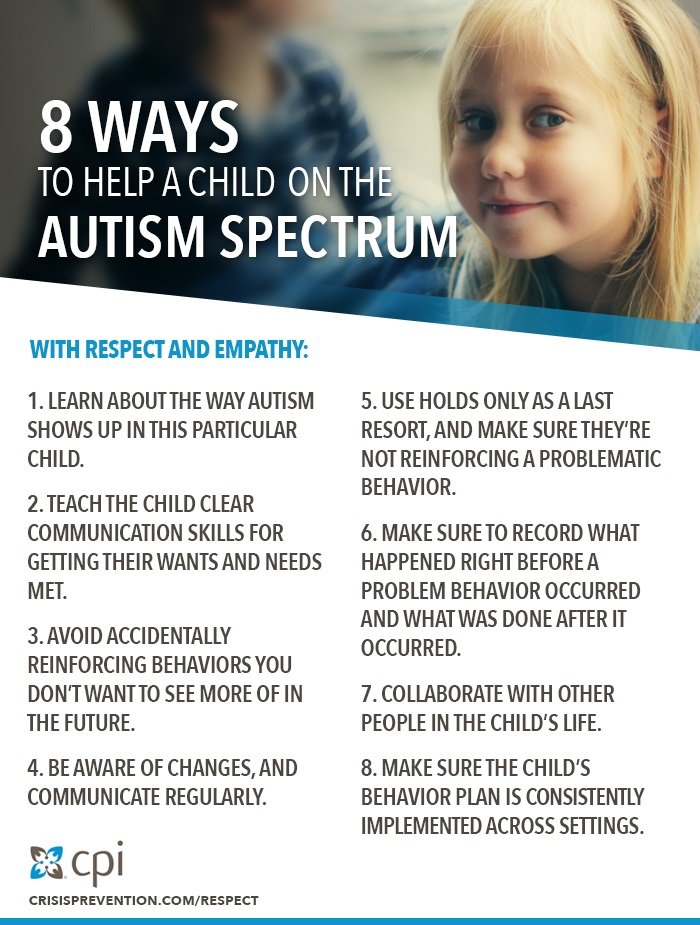 They must be disabled and they must have
little or no income and resources. Here are answers to some questions
people ask about applying for SSI for children.
They must be disabled and they must have
little or no income and resources. Here are answers to some questions
people ask about applying for SSI for children.
How does Social Security decide if a child is disabled?
Social Security has a strict definition of disability for children.
- The child must have a physical or mental condition(s) that very seriously limits his or her activities; and
- The condition(s) must have lasted, or be expected to last, at least 1 year or result in death.
A state agency makes the disability decision. They review the information you give us. They will also ask for information from medical and school sources and other people who know about the child.
If the state agency needs more information, they will arrange
an examination or test for the child, which we will pay for.
How does Social Security decide if a child can get SSI?
Children can get SSI if they meet Social Security’s definition of disability for children and if they have little or no income and resources. We also consider the family’s household income, resources and other personal information.
How will I know what Social Security has decided?
We will send you a letter. It can take 3 to 5 months to decide a child’s SSI disability claim. Let us know if your address or telephone number changes so that we can get in touch with you.
Will my personal information be kept safe?
Yes. Social Security protects the privacy of those we serve.
As a federal agency, we are required by the Privacy Act of 1974
(5 U. S.C. 522a) to protect the information we get from you.
S.C. 522a) to protect the information we get from you.
What if I am more comfortable speaking in a language other than English?
We provide free interpreter services to help you conduct your Social Security business.
Other Important Information
SSI is not a medical assistance program. Your state Medicaid agency, local health department, social services office or hospital can help you find your nearest health care agencies. Your Social Security office can also help you find health care agencies.
Medicaid
Medicaid is a health care program for people with low incomes and
limited resources. In most states, children who get SSI benefits can
also get Medicaid. Even if your child cannot get SSI, he or she
may be able to get Medicaid. Your state Medicaid agency, Social Security office or your state or county social services office
can give you more information.
Your state Medicaid agency, Social Security office or your state or county social services office
can give you more information.
State Children's Health Insurance Program (SCHIP)
Children may be able to get health insurance from SCHIP even if
they do not get SSI. SCHIP provides
health insurance to children from working families with incomes
too high to get Medicaid, but who cannot afford private health
insurance. SCHIP provides insurance for prescription drugs and
for vision, hearing and mental health services in all 50 states
and the District of Columbia. Your state Medicaid agency can provide
more information about SCHIP. You can also go to www.insurekidsnow.gov/ or call toll free 1-877-KIDS-NOW (1-877-543-7669) for more information
on your state’s program.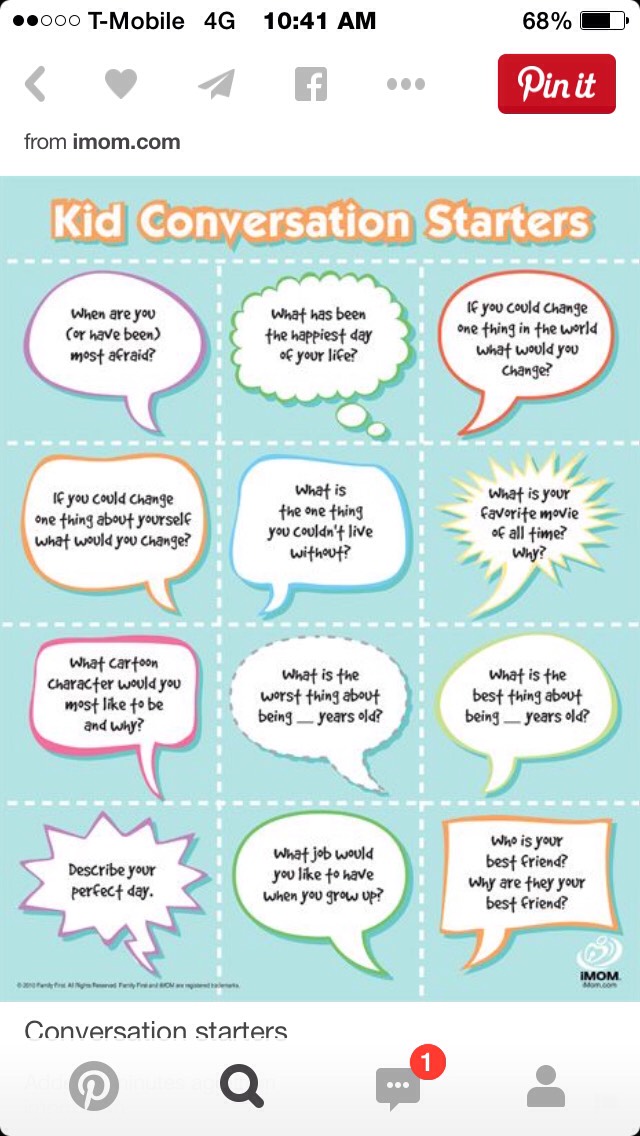
Other Health Care Services
If the child is under age 16 and we decide he or she is disabled and can get SSI, we will refer him or her to your state children’s agencies for social, developmental, educational and medical services. Even if the child cannot get SSI, these state agencies may be able to help him or her.
Work Opportunities for Young People Who are Getting SSI
Many young people who get SSI disability benefits want to work. The following information may be helpful.
- We do not count most of a child’s earnings when we figure the SSI payment. We count even less of a child’s earnings if the child is a student.
- We subtract the cost of certain items and services
that a child needs to work from his or her earnings in figuring
the SSI payment.

- If a child is age 15 or older, he or she can establish a Plan to Achieve Self-Support (PASS). With a PASS, a child can set aside income for a work goal. We will not count this income when we figure the SSI payment.
- A child’s Medicaid coverage can continue even if his or her earnings are high enough to stop SSI payment, as long as the earnings are under a certain amount.
Social Security has two programs that can assist young people who get SSI disability benefits and want to go to work:
- Work Incentives Planning and Assistance (WIPA)
- Protection and Advocacy for Beneficiaries of Social Security (PABSS) program
Your local Social Security office can provide more information
about these programs.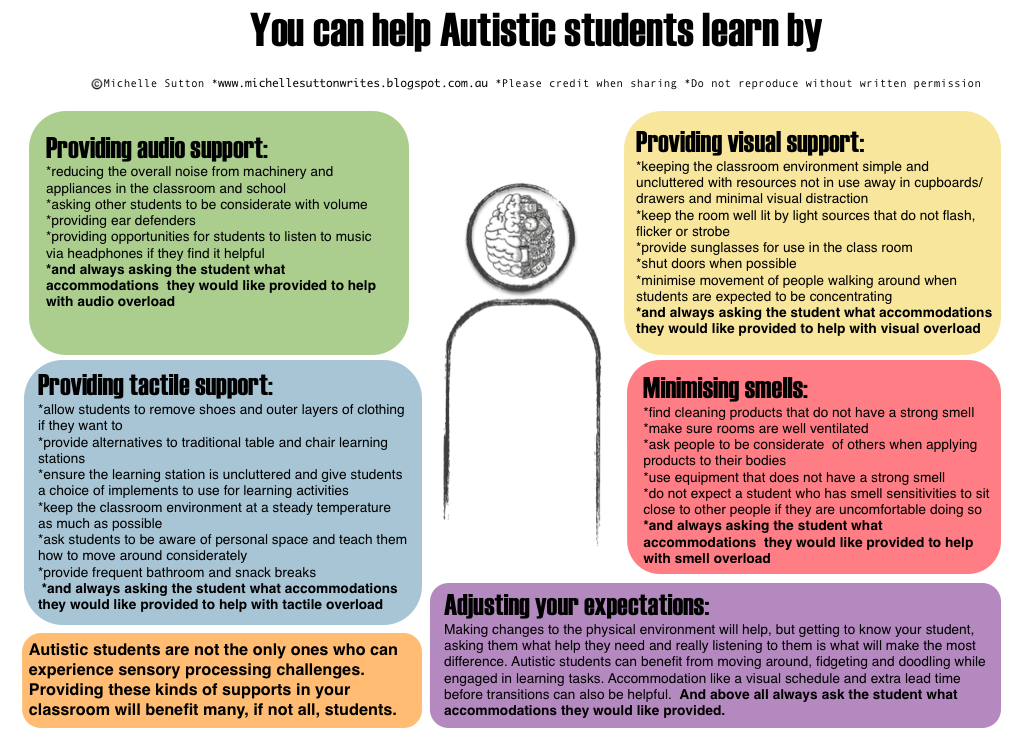 You can also find more information on our
Work website, www.socialsecurity.gov/work/.
You can also find more information on our
Work website, www.socialsecurity.gov/work/.
How America helps children with special needs
Society 9456
Share
- The pediatrician suspected that something was wrong with my child when my son was about two years old. She sent us for additional examinations, the diagnosis was confirmed, - says Elena Fesenko. “For the sake of the child, I had to change my whole life.
She sent us for additional examinations, the diagnosis was confirmed, - says Elena Fesenko. “For the sake of the child, I had to change my whole life.
From a small town in the state of Pennsylvania, we moved to the city of New York, where there are more opportunities for the development and adaptation of our son. It's a shame that some of our relatives turned away from us - "there", in our homeland, this diagnosis is still a stigma for many. Fortunately, in America, not only are there many opportunities for autistic children, but also a huge support for their families!
Autism is a complex neurobiological disorder that usually accompanies a person throughout his life. It is estimated that 67 million people worldwide are affected by autism: in most countries, autism is more common than cancer, diabetes and AIDS combined.
"Nest" for a special student
Autism interferes with a person's ability to communicate and build relationships with other people.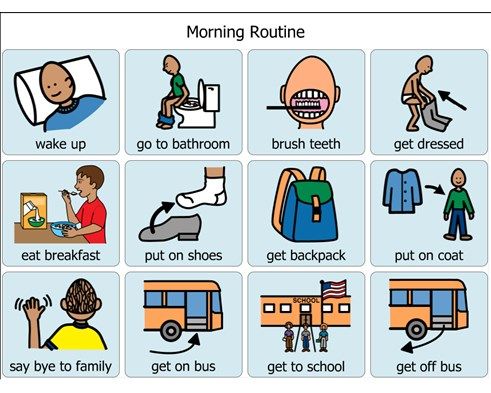 Deviation also manifests itself in following a strict regime and repeating actions many times, for example, an obsessive desire to put things in order. Symptoms can range from very subtle to very severe. All of these abnormalities are characterized by varying degrees of deterioration in speech and social skills, sensory impairments, and compulsive behaviors.
Deviation also manifests itself in following a strict regime and repeating actions many times, for example, an obsessive desire to put things in order. Symptoms can range from very subtle to very severe. All of these abnormalities are characterized by varying degrees of deterioration in speech and social skills, sensory impairments, and compulsive behaviors.
- Most often, parents are the first to notice that “something is wrong” with their child, says pediatrician Sofia Berman. – The problem is that “our” parents trust online advisers more than doctors. They write on the forum: help with advice on what to do, the child does not speak, does not smile in response ... And most often they hear: everything is fine, he will outgrow it. In fact, autism spectrum disorders are diagnosed more accurately at the age of 3 years, although a preliminary diagnosis can usually be made in children between the ages of one and a half to 2 years. And the earlier the diagnosis is made, the easier it is for specialists to adjust the treatment, the more likely it is to improve the condition. By the way, according to recent research, when parents suspect something is wrong with their child, they are usually right. So if you're concerned about your child's development, don't wait - talk to your pediatrician about diagnosing autism. Every major university and college has academic centers where you can get a complete diagnosis: a neurologist, an ophthalmologist, a geneticist, a psychologist.
By the way, according to recent research, when parents suspect something is wrong with their child, they are usually right. So if you're concerned about your child's development, don't wait - talk to your pediatrician about diagnosing autism. Every major university and college has academic centers where you can get a complete diagnosis: a neurologist, an ophthalmologist, a geneticist, a psychologist.
In accordance with federal law, children with developmental disabilities begin to receive free Early Intervention therapy - they are assisted by specialists in speech development, fine motor skills, sensory skills, psychologists, and teachers. This is the minimum that is required to give a child with special needs in any state, regardless of the income level of his parents. Teaching basic basic skills is the main task of the program.
- The development and support program is very intensive - from 20 hours a week or more, - says speech therapist Elena Grechneva, who has worked as a senior coordinator of the Early Intervention program for more than ten years.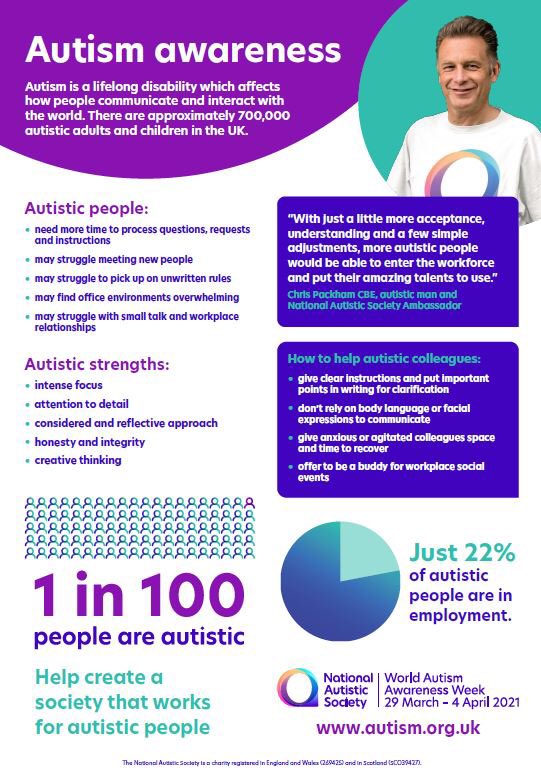 - Therefore, parents must, of course, be prepared to adjust the schedule of the child's day to work with teachers.
- Therefore, parents must, of course, be prepared to adjust the schedule of the child's day to work with teachers.
- Is it possible to apply to the agency without going through medical examinations? If, for example, a mother is tormented by suspicions: “Something is wrong with my child,” and it takes a long time to see a doctor?
- Yes, absolutely. If you live in New York, you can call 311, if you live in other cities, you can use your city's general phone number and ask to be connected to the Early Intervention program. A coordinator will come to you, who will conduct a survey, and subsequently, examinations will be carried out by specialists who will determine whether the child needs services. Or contact the Early Development Agency directly. You will be instructed on all specific issues there.
- Who pays for these visits?
- The coordinator will ask for your health insurance details, but if you don't have it, it's okay.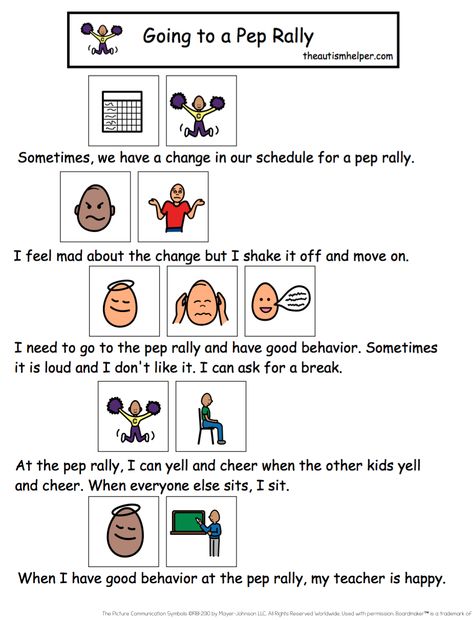 The Early Intervention program is funded from the city and federal budgets. Moreover, if you do not have insurance, the coordinator will also recommend the most suitable one for you. Do not be afraid to apply to the program, even if you are in the country illegally - the coordinator does not ask your status, by law, every child in need of services is required to receive them.
The Early Intervention program is funded from the city and federal budgets. Moreover, if you do not have insurance, the coordinator will also recommend the most suitable one for you. Do not be afraid to apply to the program, even if you are in the country illegally - the coordinator does not ask your status, by law, every child in need of services is required to receive them.
If the terrible diagnosis is not confirmed, but there are still certain delays in the development of the child (for example, he speaks poorly, there is a lack of coordination of movements), then the specialists will still recommend therapy to your child - of course, not so intensive. However, many Russian-speaking parents, worried about the future of their child, prefer to refuse even such limited assistance, which in fact only harms his development.
All information about your child's participation in this program is strictly confidential, says Elena Grechneva. – Assistance files from birth to three years are kept by the Department of Health and destroyed after seven years.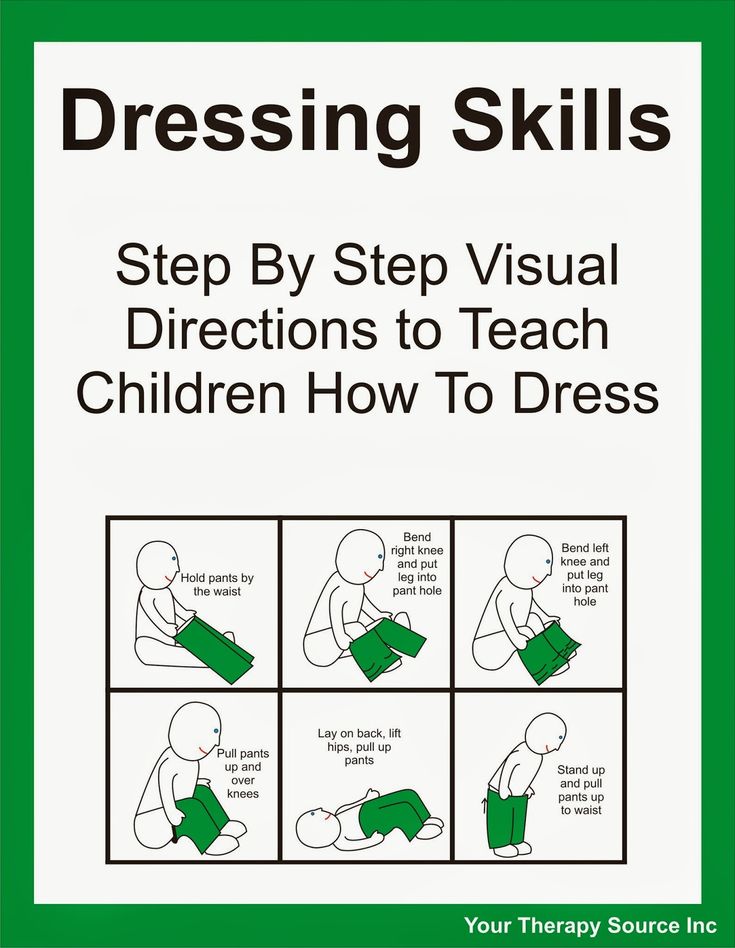 From 3 to 5 years - this is the CPSE program - for preschool special education, from 5 to 18 years - the CSE program - for school special education; all files are kept by the Department of Education and are strictly classified. Your child's teachers do not have access to this information. I have never heard of a child being denied a place in a good school, in a class for gifted children, in a college on the basis of getting help.
From 3 to 5 years - this is the CPSE program - for preschool special education, from 5 to 18 years - the CSE program - for school special education; all files are kept by the Department of Education and are strictly classified. Your child's teachers do not have access to this information. I have never heard of a child being denied a place in a good school, in a class for gifted children, in a college on the basis of getting help.
- Another fear of Russian-speaking parents is how a small child will perceive a second language, in many cases English. Therefore, parents often insist that they be given a Russian-speaking speech therapist.
- In no case do I recommend you refuse the services that you are given, - says Elena Grechneva. - After all, a speech therapist does not teach a child the language, he teaches him certain speech skills that will be useful when learning Russian, and English, and Spanish. When parents refuse services and wait, very often time is already lost.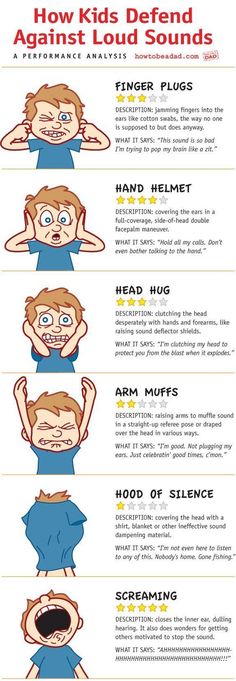 In addition, in cities where there are not many Russian-speaking people, it is not so easy to find a Russian-speaking speech therapist.
In addition, in cities where there are not many Russian-speaking people, it is not so easy to find a Russian-speaking speech therapist.
- When a child gets older and the question of choosing a school arises, are parents given a list of schools?
- In every state, in every district, there are departments of education that deal specifically with children with special needs, says Ksenia Golovko, mother of a "special" child and a lawyer for a charitable foundation that helps families with children with autism. “Our children study in specialized classes in public free schools, or on an individualized learning plan in regular classes.
The law on special education for children with disabilities was first approved by the US Congress in 1975, and since 2004 there has been an act aimed at improving the conditions of education for students with disabilities (Individuals with Disabilities Education Improvement Act 2004). New York City public schools are now successfully using the innovative ASD Nest academic program to create a comfortable environment for children with autism spectrum disorders.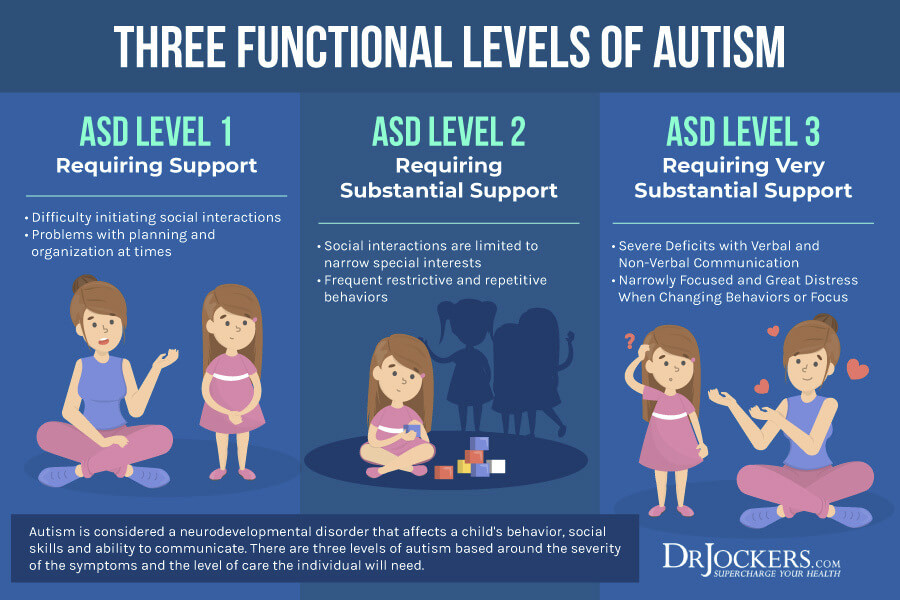 Gradually, it is being introduced in other states.
Gradually, it is being introduced in other states.
- "The Nest" is probably the most effective "inclusive" education program I've ever seen, says Katherine Lord, director of the Center for Autism and communications at the University of Michigan. - Between 1991 and 2001, the percentage of children who spent a significant portion of their time in mainstream classrooms tripled nationwide.
The difficulty lies in the fact that in order to be successful it is necessary to educate teachers and other staff of the school to understand the special needs of children with autism. The most high-profile case occurred in 2014 in one of the schools in Brooklyn, when school employee Milton Parker beat up 11-year-old Russian-speaking "special" student Anatoly Veltman. The boy was hospitalized with a concussion, after which he became terribly afraid of school. Parker pleaded guilty and was sentenced to participate in anger management classes, as well as fired without the right to hold any further positions in the field of education. According to media reports, the student's parents filed a $5 million lawsuit and fought for two years to release the school's security camera footage.
According to media reports, the student's parents filed a $5 million lawsuit and fought for two years to release the school's security camera footage.
- A final decision has not yet been made, lawyer Sanford Rubenstein told our newspaper. - Unfortunately, such cases are considered for a long time, now it is still under investigation, and then it will be transferred to the jury, which will make a decision.
The boy's father stated at a press conference in New York that paraprofessionals in the school should be trained to deal adequately with autistic children: "I was very upset when my son was abused by the person who was assigned to take care of him." Today, teachers and school staff are required to attend special courses.
Wealthy families often choose private rather than public education for their children with special needs. A private specialty school costs between $60,000 and $90,000 a year, and if lawyers are called, the city (or state) is required to pay part or all of the tuition.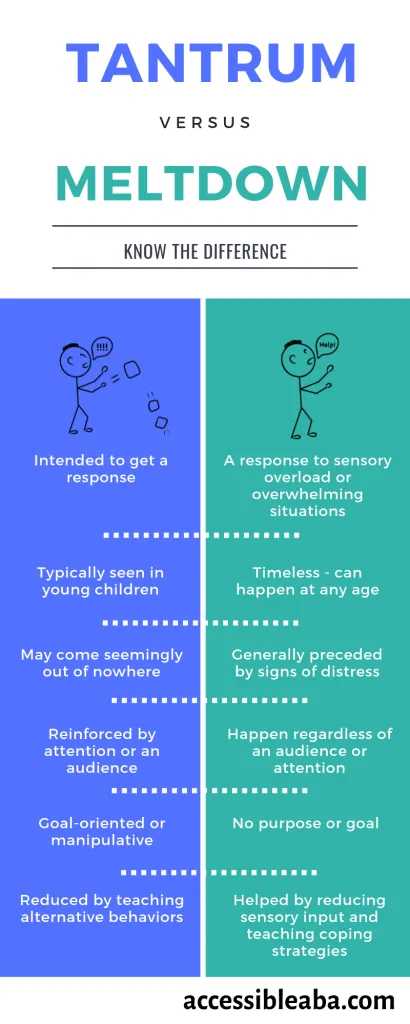
- The system works like this: you pay the entire amount - as a rule, in such schools they ask you to pay immediately - yourself, - says Ksenia Golovko. “Then you go to lawyers who deal with special education. The services of such lawyers are very expensive, about seven thousand dollars. Lawyers help to collect all the necessary papers confirming that it is better for your child to study in such a school, and then go to court. Litigation lasts on average about a year. If the outcome is favorable, the authorities will refund you between 70 and 100 percent of the amount you have already paid for your child's education. In general, it is clear that such schools and such lawyers are not affordable for low-income or middle-income families.
How insurance works
The most popular FDA-approved behavioral therapy in America with a database accumulated over 30 years and a positive result is ABA (Applied Behavior Analysis - Applied Behavioral Analysis). Comparison of results in conditions of open competition showed a much higher efficiency of this technique.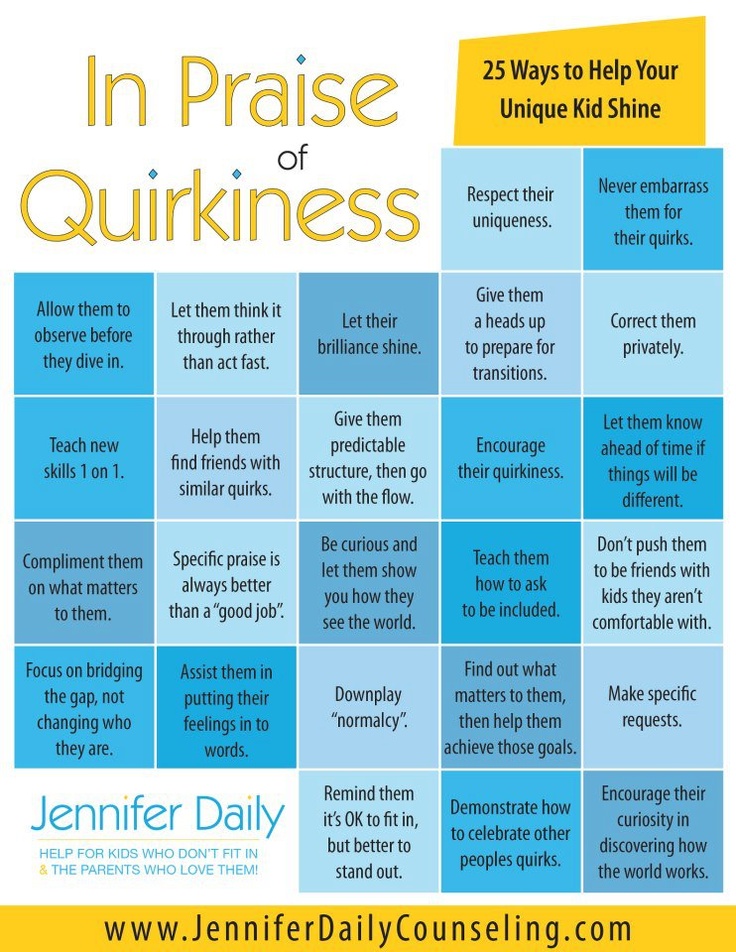 Due to the high effectiveness of ABA therapy, it is approved by most private insurance companies - Aetna, United Healthcare, Oxford (by United), Cigna, Empire Blue Cross Blue Shield, Empire Child Health Plus, Tricare, Fidelis, Magellan. Some insurances - depending on the plan - require you to pay a fee of $40-50. The approach usually includes three components: individual therapy, family training, and social skills. Engage with children in kindergartens, schools, specialized private or state educational centers for an extended day; therapists may even come to your home. Unfortunately, the work of an ABA (behavior modification specialist) is not covered by Medicaid.
Due to the high effectiveness of ABA therapy, it is approved by most private insurance companies - Aetna, United Healthcare, Oxford (by United), Cigna, Empire Blue Cross Blue Shield, Empire Child Health Plus, Tricare, Fidelis, Magellan. Some insurances - depending on the plan - require you to pay a fee of $40-50. The approach usually includes three components: individual therapy, family training, and social skills. Engage with children in kindergartens, schools, specialized private or state educational centers for an extended day; therapists may even come to your home. Unfortunately, the work of an ABA (behavior modification specialist) is not covered by Medicaid.
- Children diagnosed with Autism Spectrum Disorders automatically qualify for government SSI disability payments as well as Medicaid disability for life. Unfortunately, the system is designed in such a way that if the child received Medicaid and SSI for disability, then parents will still have to purchase private insurance to pay for ABA therapy.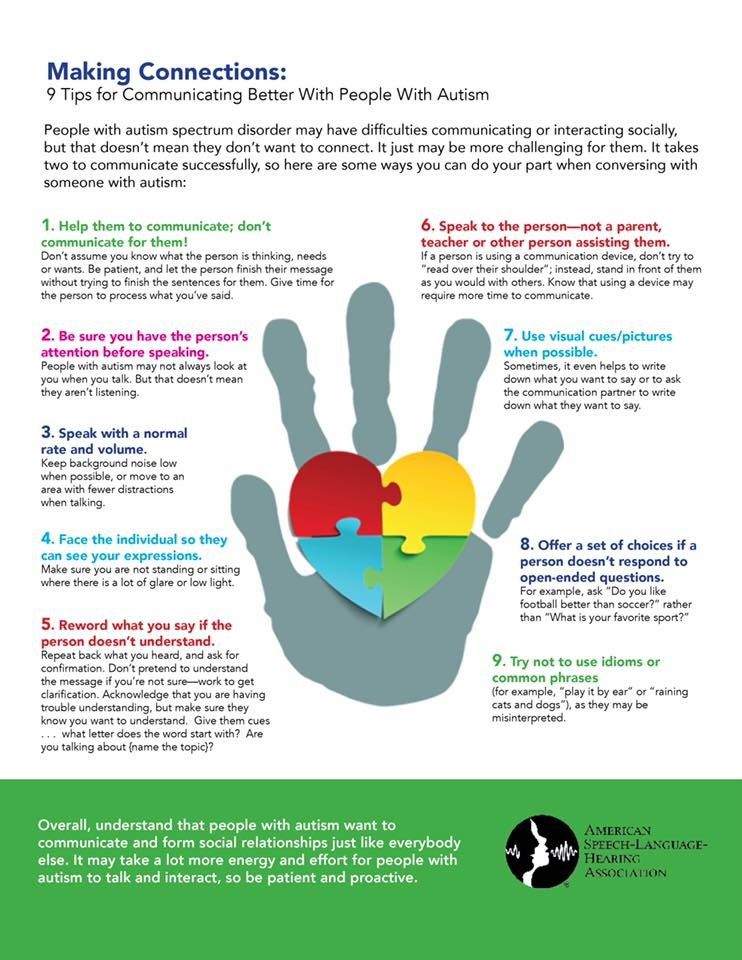 If there is Medicaid without disability, then, for example, in New York, he can change Medicaid to Child Health Plus. Families can contact agencies directly to help them arrange insurance for ABA therapy. Together with advice on insurance, children with permanent disabilities can receive additional services (that is, in addition to free schooling) through the system of educational institutions, adds Ella Goldin, director of the A Friendly Face agency. – The Autism speaks and Psychology today websites are two credible sources of information; this is also where families can go to seek insurance-covered professional support, as each insurance company lists recommended providers in their network here.
If there is Medicaid without disability, then, for example, in New York, he can change Medicaid to Child Health Plus. Families can contact agencies directly to help them arrange insurance for ABA therapy. Together with advice on insurance, children with permanent disabilities can receive additional services (that is, in addition to free schooling) through the system of educational institutions, adds Ella Goldin, director of the A Friendly Face agency. – The Autism speaks and Psychology today websites are two credible sources of information; this is also where families can go to seek insurance-covered professional support, as each insurance company lists recommended providers in their network here.
To date, more than 40 states have passed laws requiring private health insurance to cover autism treatment. Alabama, Idaho, Maryland, North and South Dakota, Oklahoma, and Wyoming have yet to pass such laws, according to Autism Speaks. In addition, most private insurances are valid until a certain age, usually 21 years old.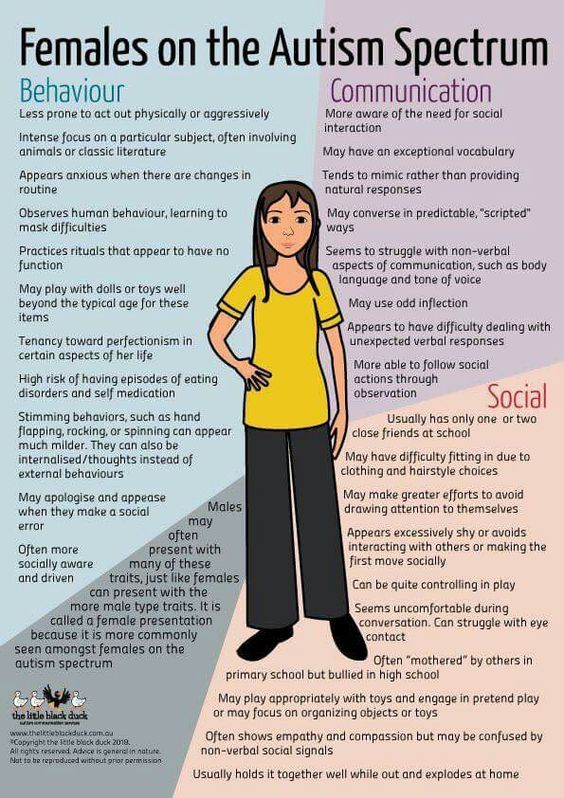 However, there are various funds that provide material assistance. The Autism Speaks website constantly updates the list of possible grants. For example, there are scholarships for children to swim, specialty summer camps, and even college grants.
However, there are various funds that provide material assistance. The Autism Speaks website constantly updates the list of possible grants. For example, there are scholarships for children to swim, specialty summer camps, and even college grants.
Single family
“Our family fell apart after both of our daughters were diagnosed,” says Elina Johnson of New Haven, Connecticut. - The husband helps financially, but he does not see the children, he is shy. I am here alone, my parents stayed in Belarus. At first there was a terrible depression, I did not know where to turn and what to do. Then I turned to a support group for parents of "special" children, and now I'm not alone. We hold monthly meetings with psychologists, a couple of times a month with mothers like me, we go out just to sit in a cafe, chat, distract ourselves from problems and worries.
- A variety of services are available to support not only special children, but also their families and their siblings.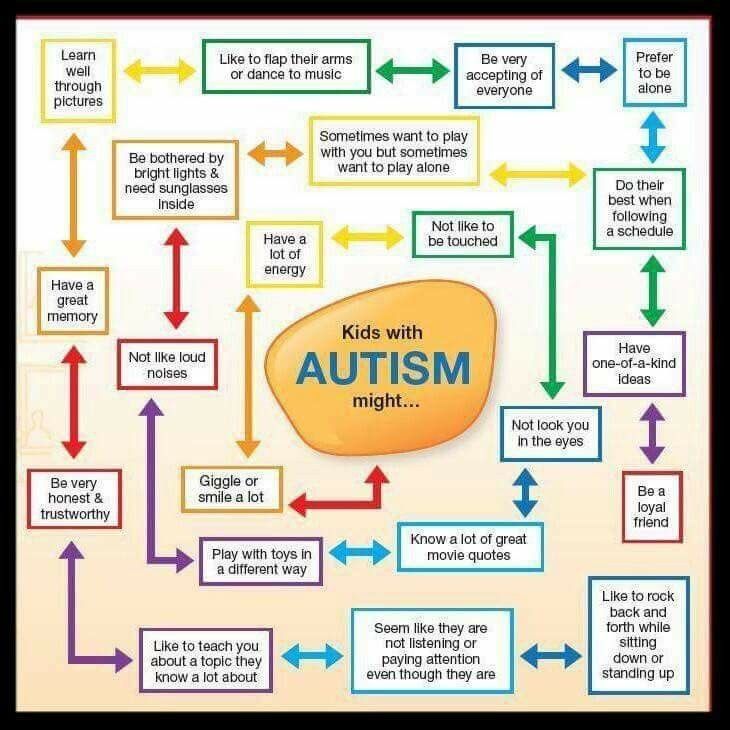 Some non-profit organizations, such as Autism Speaks Community Councils, will provide free support, private agencies provide family education and individual therapy, says Ella Goldin. - In addition, the agencies will help you sort out and arrange children's insurance.
Some non-profit organizations, such as Autism Speaks Community Councils, will provide free support, private agencies provide family education and individual therapy, says Ella Goldin. - In addition, the agencies will help you sort out and arrange children's insurance.
Of course, it is much more difficult for Russian-speaking children with special needs to adapt than their American peers. Therefore, bilingual specialists are invited to such children, who gradually transfer the child to English-language programs.
- If the parents do not know English or do not speak it fluently enough, you will be provided with an interpreter, - says Ksenia Golovko. - Of course, in large cities and in states where there are more immigrants, it is easier to get translation services. Yes, and you can easily find agencies with Russian-speaking coordinators.
In high school, specialists help to choose specialized programs that people with developmental disabilities can attend in the future.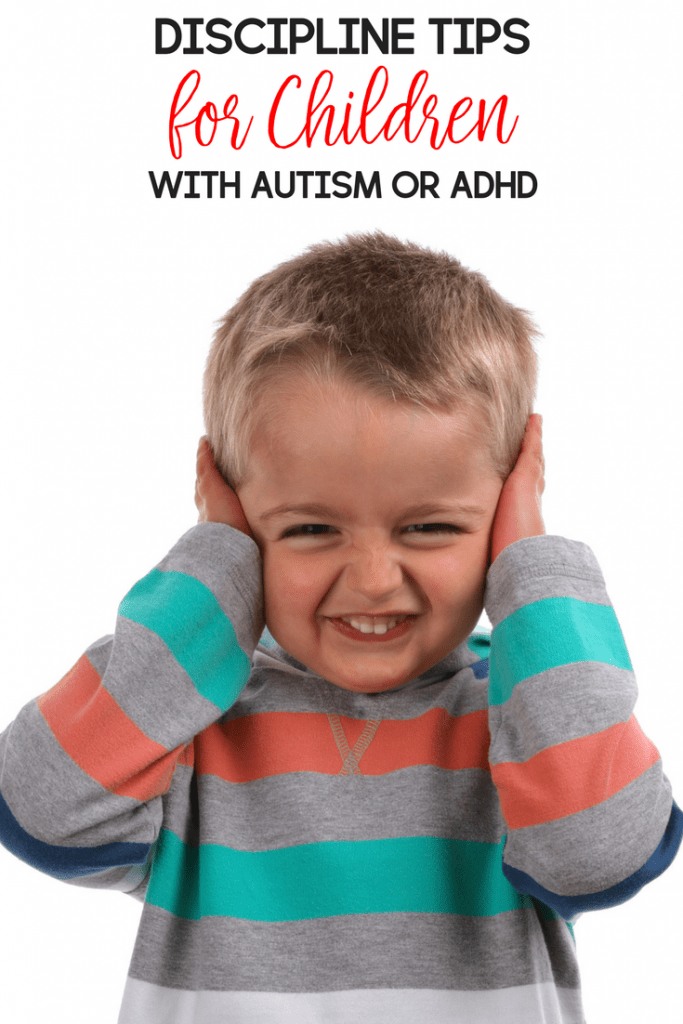 These programs are organized by various agencies and paid for by Medicaid. Unfortunately, at the moment there is not a single program that would deal only with Russian-speaking autists.
These programs are organized by various agencies and paid for by Medicaid. Unfortunately, at the moment there is not a single program that would deal only with Russian-speaking autists.
- When we arrived here, my son Lena was 21 years old. Of course, there could be no talk of any education or any services in English. I, a doctor of chemical sciences, received a second higher education here - psychological, - says Fira Kansepolskaya, founder and head of the Brooklyn organization Lenny's Lighthouse. – And I started working on this project to help Russian-speaking adults with autism. Most of our guys understand something in English, but not much and therefore are poorly adapted to independent living. Some of them are already orphans and live with social workers. I dream of creating a specialized boarding house for such people. There are such boarding schools organized by wealthy Americans who are concerned about the future of their "special" children - after all, what will happen to them after their parents are gone?
Lenny's Lighthouse is currently receiving small grants from the City of New York for city tours, group trips to the theatre. “It's not much, a couple of times a year, but it's something that brightens the lives of our children,” says Fira. But she doesn't give up. There is hope that politicians or Russian-speaking immigrants will help autistic people find their home. It cannot be allowed that in the 21st century, autistics are treated in accordance with the concepts of the Middle Ages - these are the same members of society, worthy of understanding and respect, and their requests must be taken into account on an equal basis with the requests of others.
“It's not much, a couple of times a year, but it's something that brightens the lives of our children,” says Fira. But she doesn't give up. There is hope that politicians or Russian-speaking immigrants will help autistic people find their home. It cannot be allowed that in the 21st century, autistics are treated in accordance with the concepts of the Middle Ages - these are the same members of society, worthy of understanding and respect, and their requests must be taken into account on an equal basis with the requests of others.
Subscribe
The authors:
- Victoria Averbukh
Government of the Russian Federation Ministry of Health care USA New York Children Elections Court School Theatre Society Power healthcare Science
- yesterday
Reckless drivers get a fine: how to overcome distractions while driving
- 29th of November
Dmitry Davydov proposed a method for re-educating drivers without OSAGO
- 10th of November
Named the economic effect of high technology in the fight against crime
What else to read
-
Head of the Ministry of Defense of Ukraine announced the winter offensive of the Armed Forces of Ukraine
18729
Artem Koshelenko
-
Muscovite rented an apartment for her 14-year-old daughter for prostitution
18482
Stanislav Yuriev
-
Ilya Reznik was outraged by the antics of the stars during the CBO: "Freaks dance on the bones"
11721
Denis Sorokin
-
The lawyer came to the pre-trial detention center with phones and drugs hidden in her body
16726
Stanislav Yuriev
-
The Viking group defeated a detachment of the Armed Forces of Ukraine near Maryinka
12958
Artem Koshelenko
What to read:More materials
In the regions
-
Explosion at a military airfield in Ryazan on December 5, 2022: what is known
A photo 38442
RyazanAnastasia Batishcheva
-
How to remove carbon from the outside of a frying pan: a method that will work even for 20-year-old frying pans
11883
Kalmykia -
Delicious salting bacon to “melt in your mouth”, very simple: even a beginner can do it
9096
Kalmykia -
Will lie until spring even in the room: agronomists have revealed a life hack for storing garlic
7623
Kalmykia -
What is the prickly side of the grater really for: Answer 1 out of 10
7177
Kalmykia -
Construction of a new bridge across the Volga in Saratov will start in 2023
6801
Saratov
In the regions:More materials
How to Easily Apply for the SSN International Student Program in 2022
The application for a Social Security number is different if you are an F-1 or J-1 student and want to get a Social Security number, it also depends on your immigration status.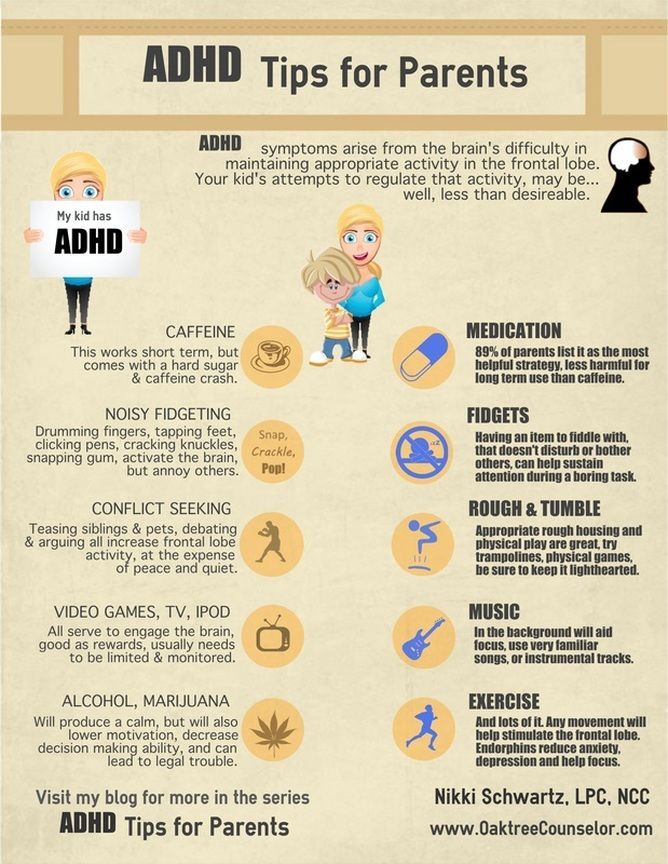
The SSN is used to report employee income or taxable student scholarships. It is also used for various purposes.
You will need a job to get an International Student's Social Security Number (SSN). But that won't be a problem, as part-time work on campus, you are eligible.
Once you find a job, you will need to collect your documentation to verify your identity, immigration status, and eligibility for SSA to receive your SSN card.
This article explains in detail the information required to acquire this international SSN student. What are the requirements for obtaining an SSN, how can international students apply for an SSN.
Contents
- What are the SSN requirements
- Verify identity
- Verify your immigration status.
- Verify your right to work
- How can international students apply for an SSN?
- What is the SSN application process for f-1 students?
- On-campus work:
- Practical training:
- Additional practical training or other off-campus work:
- Submit a request to OIS via SSN.

- Visit the Social Security Office (see below) to apply for an SSN.
- What are the SSA eligibility requirements for SSN for an f-1 j-1 student?
- How long does it take to get an SSN for an international student
- Is the SSN for international students expiring?
- What is the advantage of SSN for international students?
- Do I have to wait for my SSN before starting work
- SSN application process for j-1 students.
- 1) Request an SSN letter.
- 2) Visit a Social Security office to apply for an SSN.
- Conclusion
- Recommendations
- Recommendation
What are the requirements for obtaining SSN
to confirm the identity
Active document when submitting an application for obtaining SSN as a foreigner.
In addition, in some cases you may be required to provide the following documents:
- Permanent Resident Card; or
- Work Permit Work Permit document) from the Department of Homeland Security; or
- Arrival/Departure Record
See also: How to Apply for a New Social Security Card
Confirm your immigration status.
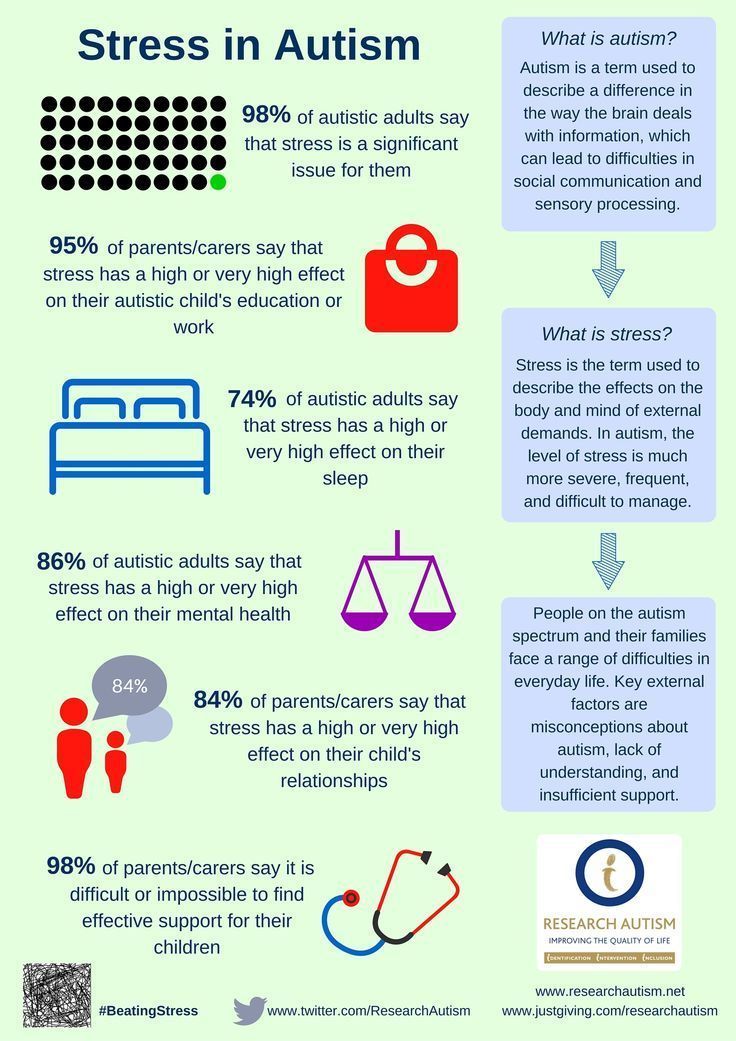
- F-1 or M-1 students must bring their I-20.
- J-1 or J-2 exchange visitor must bring Form DS-2020.
- They will also need one of the following documents to prove their immigration status:
- Lawful Permanent Resident Card or Machine Readable Immigrant Visa; or
- Work permit document; or
- Arrival/Departure Record
Verify your right to work
As a foreign worker, you will need a valid foreign passport with one of the following documents:
- Arrival/departure record; or
- Employment Authorization Document or Work Permit
An F-1 student who is eligible to work on campus must have:
- An unexpired I-20 certificate of eligibility for nonimmigrant student status; and
- Proof of employment, such as a letter, including:
- Your position
- Date you started working
- Number of hours you work or will work; and
- Your manager's name and phone number.
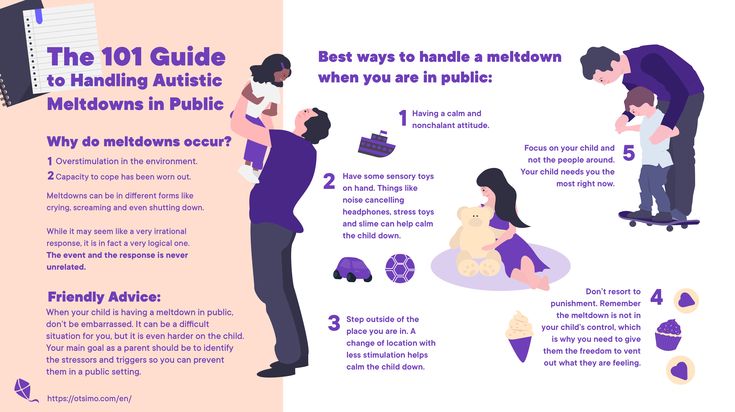
How can international students apply for SSN ?
To apply for an SSN, you must apply in person at a Social Security Administration office.
Original documents confirm your identity, immigration status, and work eligibility.
What is the SSN application process for f-1 students?
Get proof of employment and a valid F-1 work permit. Before applying for an SSN, you must obtain your first valid work permit.
Authorization can be set to one of the following. Make sure you meet the Eligibility Requirements for F-1 Student Employment.
Campus jobs:
- Receive a letter from TC or Columbia confirming that you got a job on campus. The employment letter must be typed on departmental letterhead, signed in original by your recruiting department, and contain the following information:
- Job title (e.g. research assistant, librarian, proofreader, etc.)
- Estimated or actual start date
- Estimated or actual number of hours per week you should work
- Title and phone number of your supervisor
Training Workshop :
- Get an updated form from ITC-2
- Obtain a valid, unexpired Employment Authorization (EAD) card from USCIS allowing you to work in F-1 elective practical training, work in international organizations or work in difficult economic conditions.
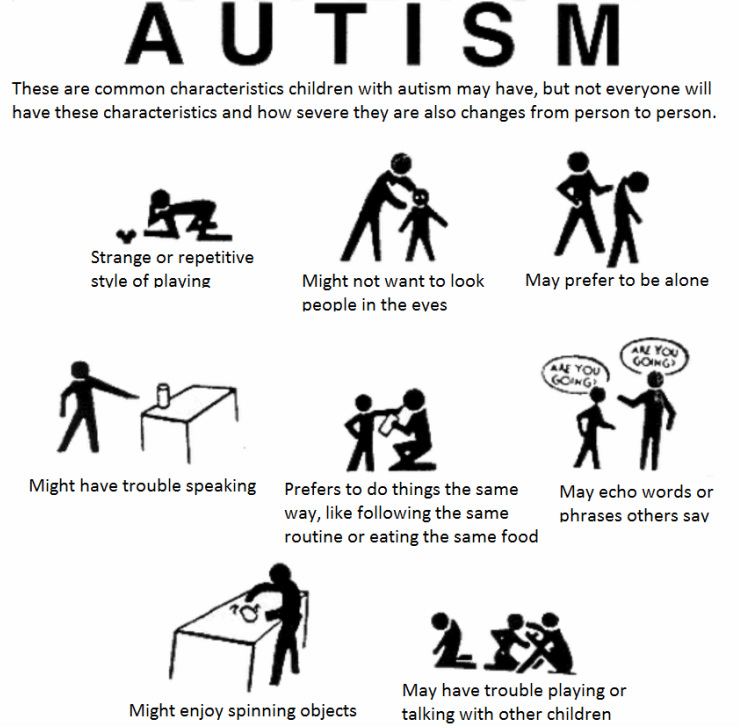
- If you are requesting an on-campus social security number, you must submit a letter from TC or CU to OISS. OISS will issue a second letter to verify that you have received a job on campus and are a full-time student in good standing.
- An OISS letter is not required if your job involves apprenticeships, elective apprenticeships, work in an international organization, or work in difficult economic conditions.
- Form I-20.
- Valid, unexpired passport
- I-94 Card or Electronic Form I-94
- Letter of employment from your campus employer and OIS. If you work on campus.
- If you work for the CPT: Your Form I-20 must have a CPT authorization printed on page 3 of the form.
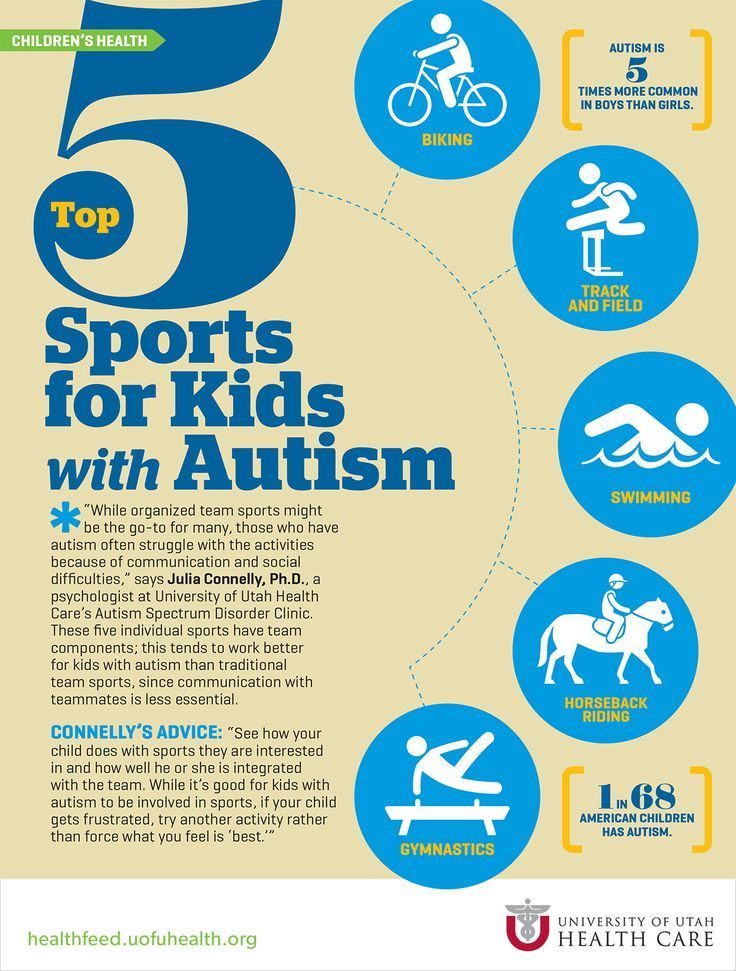
- OPT worker: You must bring an Employment Authorization (EAD) card that has not yet expired.
- Valid immigration documents, including a valid passport, a valid Form I-20 or DS-2020, and an I-94 card or electronic Form I-94 marked "F-1 D/S" or "J- 1 D/S".
- Full-time registration at the Pedagogical College
- F-1 students must provide evidence of lawful employment F-1 such as campus work or permission to participate in hands-on training (CPT) or optional practical training (OPT). An F-1 status who does not have a legitimate job on an F-1 visa is not eligible to apply for an SSN. This includes applications to replace SSN cards.
- J-1 students will show evidence of employment and must have invalid J-1 status and be enrolled for the full course of study.
 (J-1 students sponsored by an external organization such as IIE, LASPAU, or AMIDEAST must obtain a Social Security letter from their sponsor.)
(J-1 students sponsored by an external organization such as IIE, LASPAU, or AMIDEAST must obtain a Social Security letter from their sponsor.) - Earn income and pay taxes from work
- Filing a tax return in a tax period
- Receive government benefits if certain criteria are met
- Apply for a driver's license or state ID in some states
- Open financial accounts such as credit card accounts and online banking accounts
- Apply for loans such as student loans or car loans
- Verification of data when renting an apartment
- A J-1 student who is sponsored by the J-1 TC Exchange Visitor Program may request a Social Security Number based on campus work, a letter from TC, CU, or other affiliated department must be sent to OISS. OISS will issue a second letter confirming that you have found a job on campus and are a full-time student in good standing.
- You will have a certificate of authorized work on campus or off campus to apply for an SSN, which is also required to apply for an SSN if you have an active J-1 job, including work on campus, work in unforeseen economic hardship or J -1 Academic
- If you are sponsored by an outside organization such as IIE, LASPAU, or AMIDEAST, you must receive a Social Security Authorization letter from your sponsor in addition to the OIS letter.

Additional practical training or other off-campus work:
See also: How to apply for Social Security benefits at age 62 in 2022
Submit a request to OIS via SSN.
Social Security forms are available from SSA offices. No payment required. Some of the documents you will submit include; required.
What are the SSA eligibility requirements for SSN for an f-1 j-1 student?
How long does it take to get an SSN for an international student
Once your SSA application has been reviewed and approved, your Social Security number card containing the 9-digit number will be mailed to the address on file within 2–4 weeks.
If you get a Social Security card, you must follow the note on the card that says, "Valid for work only with DHS approval."
See also: How to get a replacement Social Security card
Is the SSN for international students expiring?
The SSN issued to international students does not expire.
"Valid for work only with DHS approval" may be removed from the SSN card after an international student changes permanent resident status.
What is the advantage of SSN for international students?
Do I have to wait for my SSN before starting work
To answer no.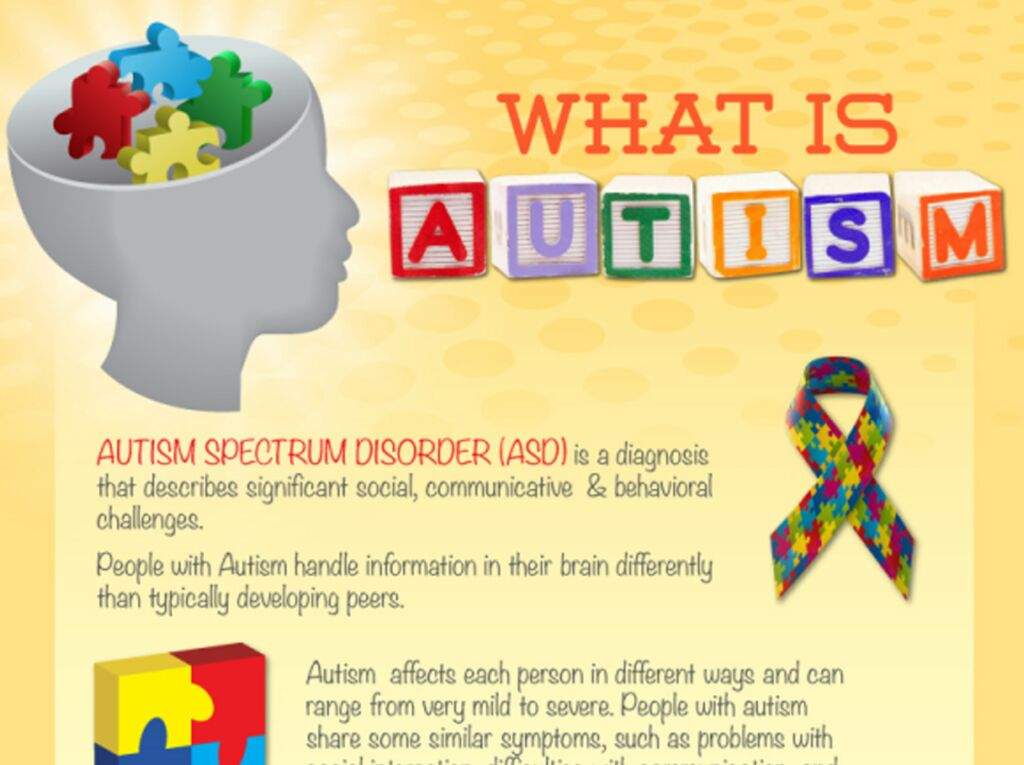 You can start working while your application is being processed because you have a campus work permit, CPT or OPT, but your employer must ensure that they follow the correct procedures while doing so.
You can start working while your application is being processed because you have a campus work permit, CPT or OPT, but your employer must ensure that they follow the correct procedures while doing so.
